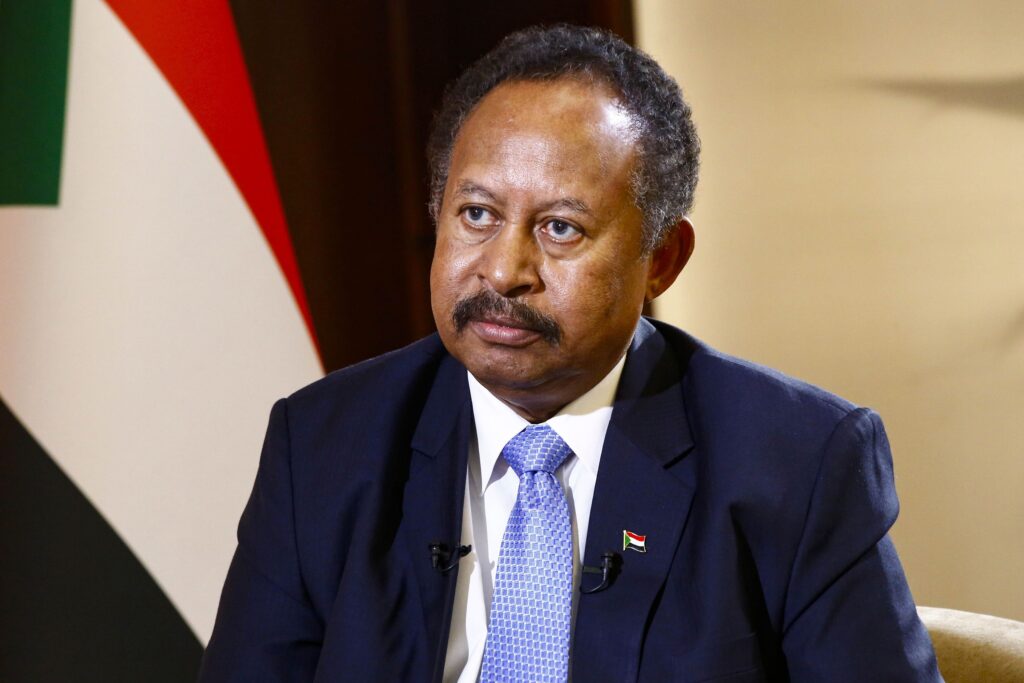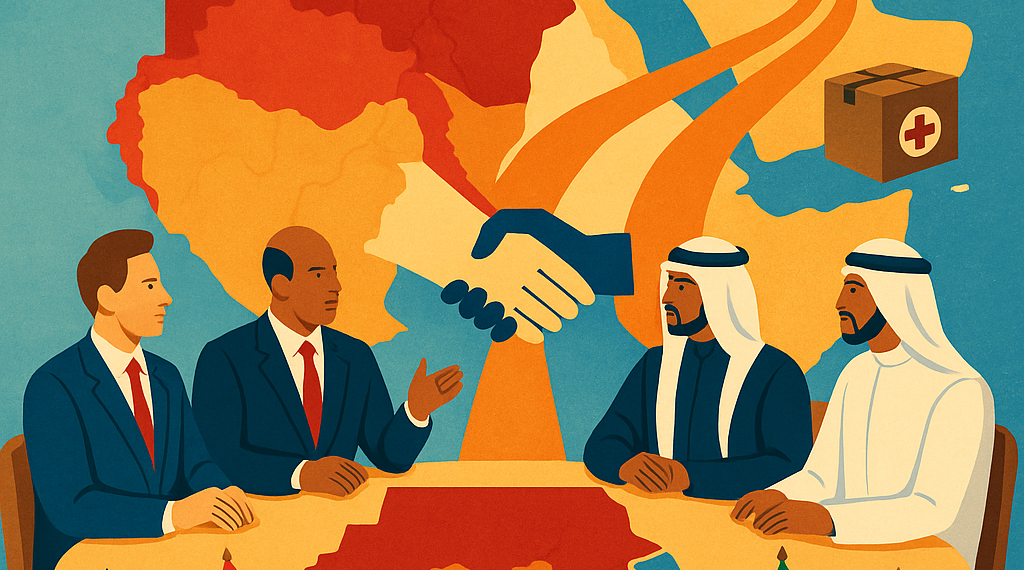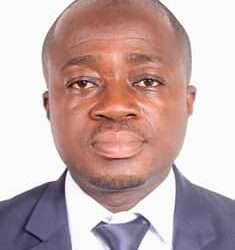Tensions between Egypt and the United States have caused a delay in a high-level meeting of the Quad group of nations, originally set to address the ongoing conflict in Sudan. A Western diplomat, speaking anonymously on Monday, revealed that the rift centers around Cairo’s insistence on including the Sudanese Armed Forces (SAF) in the meeting, a move strongly opposed by Washington.
The Quad, made up of the United States, Egypt, Saudi Arabia, and the United Arab Emirates, had scheduled the talks in Washington to forge a coordinated strategy for the escalating war in Sudan. However, Egypt’s demand for SAF participation has brought planning to a halt.
The U.S. government has made clear its refusal to host Sudanese military leaders, citing sanctions it imposed in January on senior officials, including army chief Abdel Fattah al-Burhan. Those sanctions were in response to their role in the war that has torn the nation apart since 2023. Instead, Washington suggested inviting figures from the civilian government ousted by Burhan during the 2021 coup, a proposal Cairo rejected, the diplomat added.
While diplomatic efforts among the Quad remain paralyzed, Sudanese political and civil society actors were engaged in parallel discussions with African Union (AU) representatives in Addis Ababa.
In a statement on Monday, the Sudanese delegation claimed to have submitted documented evidence of widespread atrocities committed during the war, including acts of genocide and sexual slavery. The group characterized the conflict as “systematic foreign aggression” carried out by the paramilitary Rapid Support Forces (RSF), whom they accused of attempting to “dismantle the state.”
AU Eyes Fresh Peace Talks Soon
According to officials close to the matter, AU Commission Chairperson Moussa Faki Mahamat is working to organize a new round of peace talks, possibly as early as late July or August. The AU had suspended Sudan’s membership following the 2021 military coup. In recent weeks, Sudan’s junta has dispatched envoys to several African capitals in an attempt to reverse the suspension ahead of the next AU Peace and Security Council meeting.
Meanwhile, the Sudanese civilian coalition is experiencing internal fractures. The Sudan People’s Liberation Movement-Revolutionary Democratic Current (SPLM-RDC), a key faction of the “Somoud” (Steadfastness) coalition, has suspended its participation in the alliance’s executive bodies.
The SPLM-RDC voiced its grievances in a letter to Somoud’s leader, former Prime Minister Abdalla Hamdok, stating that internal political conflicts continue to paralyze the alliance. The coalition was formed earlier this year to replace the Coordination of Civilian Democratic Forces (Taqaddum), but it has struggled to present a united front.

The SPLM-RDC, led by Yasir Arman, criticized what it called an overly centralized leadership and demanded that the group address its “outstanding organizational issues based on a clear political vision.” It also expressed concern over growing discussions around forming a parallel government that includes the RSF, a proposal that has further split the coalition.
Al-Radi Dao al-Bait Adam, Secretary-General of the SPLM-RDC, explained that while the faction will remain in the alliance’s leadership council, it is “freezing its membership in all executive and specialized committees.” This partial withdrawal, he said, is intended to “allow more opportunity for political dialogue.”
Adam urged the coalition to adopt a new political strategy centered on the protection of civilians, which he called the “primary entry point” to resolving the crisis. He emphasized that a lasting peace in Sudan depends on forming an “organic alliance” among independent civil society actors and warned that this approach requires robust support from both regional and international partners.
As diplomatic maneuvering continues and Sudan’s internal divisions deepen, the fate of its peace efforts hangs in the balance, with no clear consensus on who should lead, or even attend, the critical next round of talks.
READ ALSO: Banking Sector Shakeup: Five Ghanaian Banks Under Intense BoG Scrutiny Over Capital Failures



















